 Each individual is unique; therefore, the number of schools the student chooses to apply to will vary. Most students will pare down their foundation list of colleges to the final five to seven schools. There should be a long shot — a stretch school — a reach — a college where the student’s chances of gaining admission are less than 50/50 based upon his or her academic profile when compared to the students the admission office admitted in the previous year.
Each individual is unique; therefore, the number of schools the student chooses to apply to will vary. Most students will pare down their foundation list of colleges to the final five to seven schools. There should be a long shot — a stretch school — a reach — a college where the student’s chances of gaining admission are less than 50/50 based upon his or her academic profile when compared to the students the admission office admitted in the previous year.
A reasonable reach — 50/50 or better – colleges are likely to admit within the student’s range of grade point average, standardized test scores, and course curriculum. Other factors that could enhance admission status could include activities, an interview, special talents, recommendations, essays, etc.
Likely schools — sure shots —these are colleges where a student is confident that he or she will be admitted. However, be sure it is a school where your academic and personal needs will be met should you enroll.
The best way to create this list is to research colleges by visiting the campus, taking tours, and speaking with admissions representatives. Review what is required to apply to the colleges including grade point average, high school course requirements, standardized test scores, Resume of activities, essays, and recommendations.







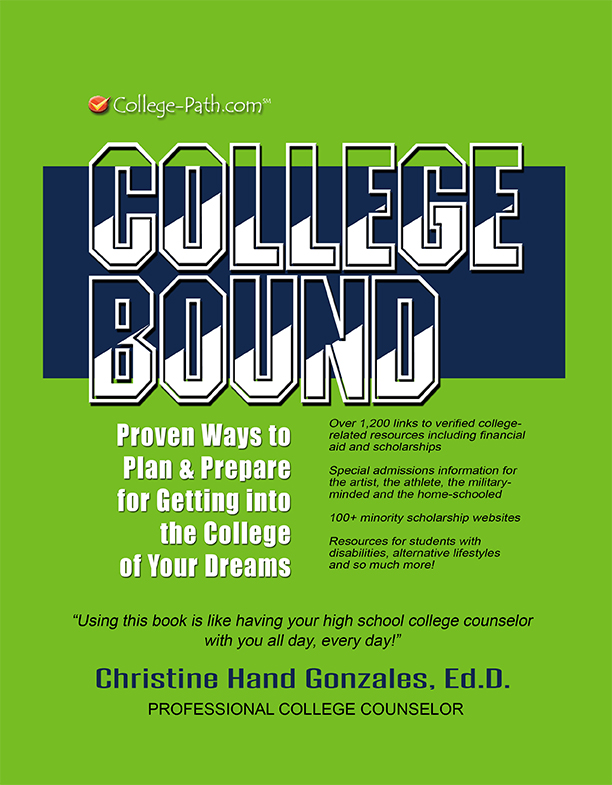
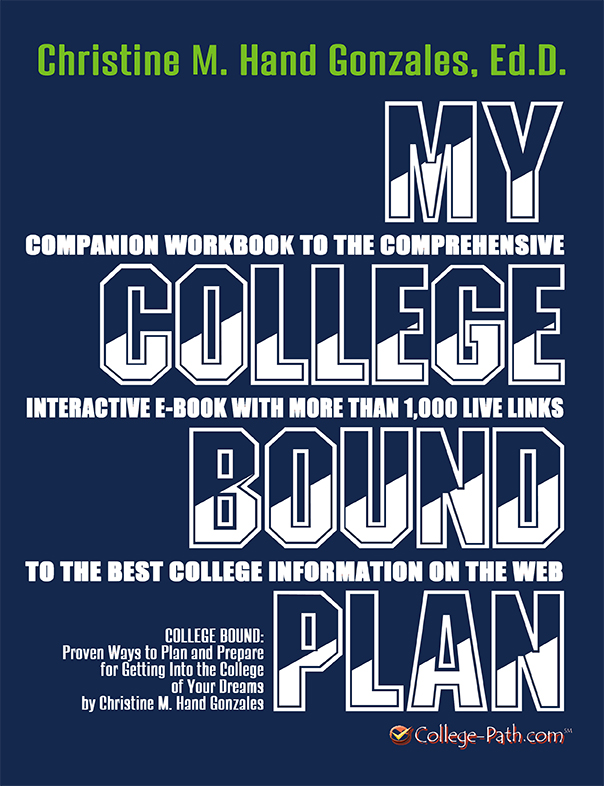

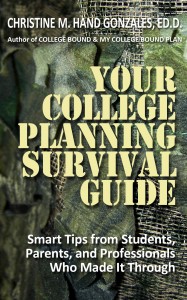
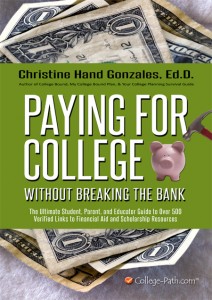
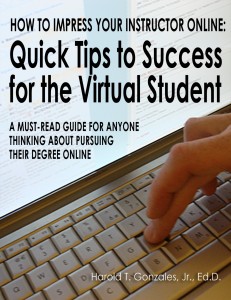
![collegemajor[1]](https://www.college-path.com/wp-content/uploads/2017/05/collegemajor1.jpg)
